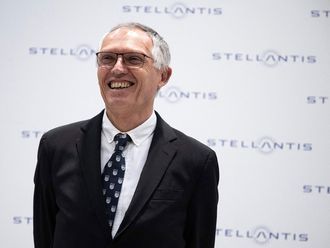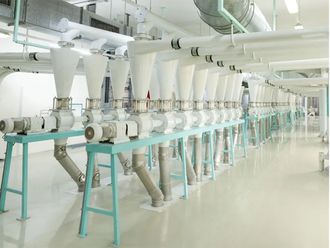Dubai: The local unit of HSBC Holdings Plc is advising Saudi Arabia’s Public Pension Agency on the sale of its struggling financial hub to the country’s sovereign wealth fund, according to people familiar with the matter.
The Public Investment Fund is offering to acquire the Riyadh district for less than the pension fund’s 30 billion riyal ($8 billion; Dh29.35 billion) investment, two people said, asking not to be identified as the discussions are private. A deal hasn’t been reached and the offer may change, they said. The wealth fund is being advised by JPMorgan Chase & Co, one person said. The US bank’s role was reported earlier by Reuters.
The King Abdullah Financial District, known as the KAFD and about 70 per cent complete, has been beset by construction delays since work began in the Saudi capital in 2006. It’s also failing to attract its target clientele — banks. The sale is meant to rehabilitate the 1.6 million square-metre (17.2 million square-foot) district which includes over 70 buildings.
Any potential deal would not adversely affect the pension fund’s stakeholders, a Public Pension Agency spokesman said, declining to discuss commercial details of the proposed agreement. The Public Investment Fund and JPMorgan declined to comment while a spokesman for HSBC didn’t immediately respond to requests for comment.
The KAFD was envisaged as a modern financial hub that would bring banks, financial-services firms, auditors and lawyers as well as the kingdom’s stock exchange and capital-market authority into one area. Five central buildings, including the district’s tallest at 76 floors, will be surrounded by dozens of offices, apartments, hotels, conference centres and entertainment venues.
Saudi Arabia’s Vision 2030 economic strategy, announced by Deputy Crown Prince Mohammad Bin Salman in April, was critical of the development of the financial district over the past decade. Work started on the project “without consideration of its economic feasibility,” it said. The district will become a special economic zone with looser visa rules and direct links to Riyadh airport as part of plans to restructure the development.












